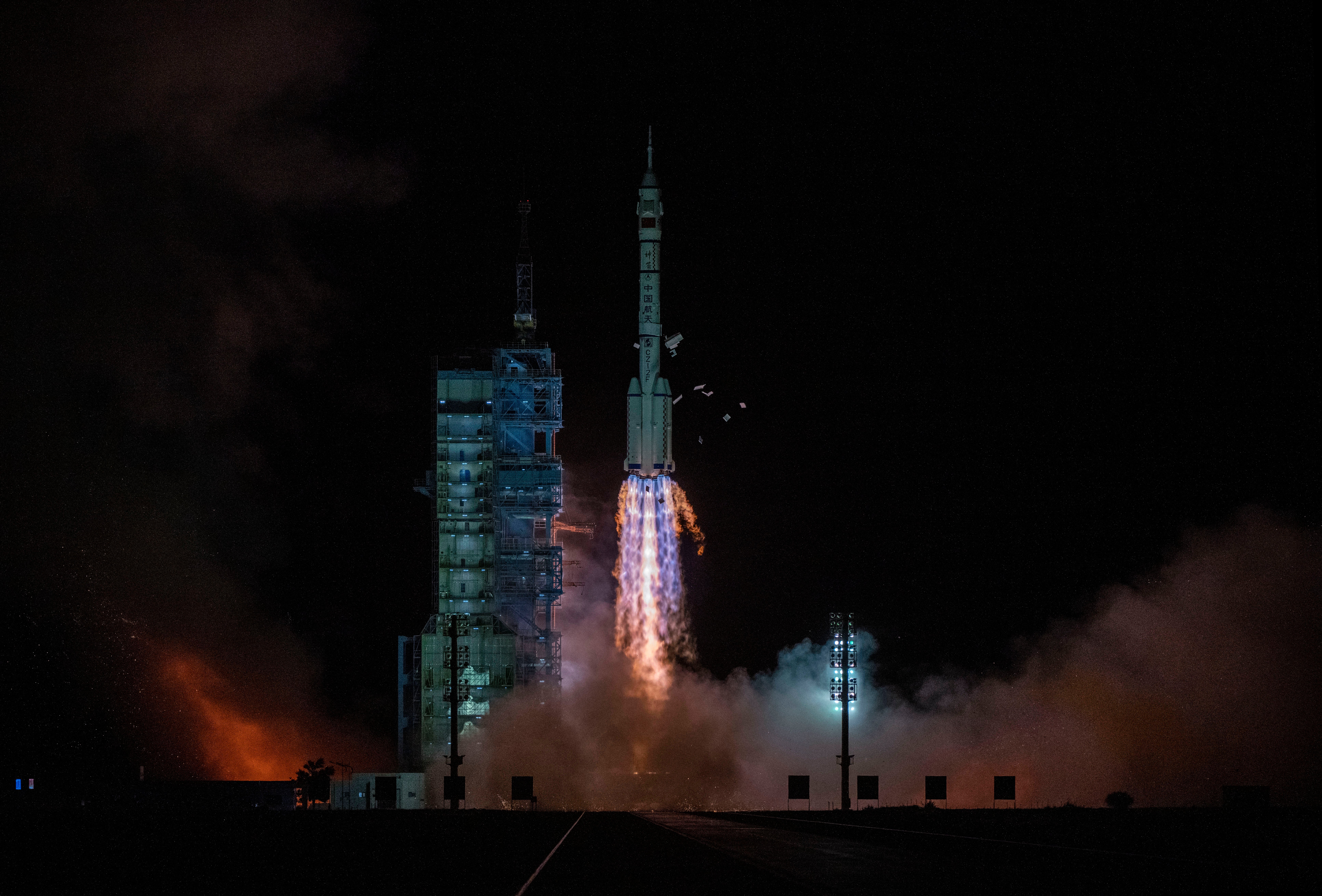Russia and China could ‘threaten all satellites’ by 2030, Pentagon report says
The two countries are developing weapons to attack US craft, according to the Defense Intelligence Agency

Russia and China are developing weapons to attack US satellites, according to a report from the Pentagon.
The two country’s space fleets have apparently increased by over 70 per cent in the past two years, following a longer period of expansion where the countries have increased their fleets by 200 per cent between 2015 and 2018.
The Pentagon alleges that the Chinese state relies on the “covert acquisition of foreign space and counterspace technologies” in order to advance its aims in space, apparently letting it “circumvent the costs of research and facilitate ‘leapfrog’ development by exploiting the creativity of other nations.”
China has apparently proposed the development of numerous counterspace measures to dazzle optical sensors, and potentially destroy satellite components.
“China has multiple ground-based laser weapons of varying power levels to disrupt, degrade, or damage satellites that include a current limited capability to employ laser systems against satellite sensors. By the mid- to late-2020s, China may field higher power systems that extend the threat to the structures of nonoptical satellites”, the report states.
“China probably intends to pursue additional ASAT weapons that are able to destroy satellites up to GEO [geosynchronous Earth orbit]”, approximately 36,000 kilometres from the Earth and potentially hampering communication and missile warning systems.
The Chinese Foreign Ministry did not respond to The Independent’s request for comment before time of publication, but spokesman Zhao Lijian said on Wednesday at a regular press briefing in Beijing that China “always advocates the peaceful use of outer space,” and that the United States “has been weaving a narrative about the so-called threat posed by China and Russia in outer space in order to justify its own military buildup.”
The Pentagon’s report claims that Russia’s space program is “robust but more narrowly focused than China’s”, but that its endeavours in space are limited because of “competing priorities within Russia’s broader military modernisation efforts”.
It claims that Russia has several ground-based lasers to blind satellite sensors, and that “by 2030, Russia may also field higher power systems that extend the threat to the structures of all satellites.”
Russia is also reportedly building ASAT missile systems that would destroy space systems in low-Earth orbit and is also “developing an air launched ASAT weapon called Burevestnika” that is based on the Soviet-era system called Contact.
“The loss of space-based communication and navigation services could have a devastating impact on warfighters during a conflict — that’s one of the most serious scenarios anticipated. A secure, stable and accessible space domain is crucial as China and Russia’s space-based capabilities and electronic-warfare activities continue to grow,” said Defence Intelligence Agency Director Lt. Gen. Scott Berrier.
Neither Roscosmos nor Russia’s Foreign Ministry responded to The Independent’s request for comment before time of publication.
The United States is reportedly planning to unveil its own space weapon that could apparently degrade or destroy a target satellite or spacecraft.
This was allegedly set to be shown in 2020 alongside the creation of the Space Command and Space Force under the Trump administration, but the COVID-19 pandemic and recent withdrawal from Afghanistan is said to have delayed the announcement.
Experts across the world have called for a ban on anti-satellite weapons because of the devastating impact it could have on space debris.
In an open letter sent last September, former astronauts, international space agencies, Nobel Laureates, and government officials asked that the United Nations ban the technology.
“If just one piece of debris from such a test collides with a satellite and causes a major fragmentation event, this could lead to additional events affecting all States, which could include further fragmentations, satellite failures, or service disruptions”, the letter stated.
Join our commenting forum
Join thought-provoking conversations, follow other Independent readers and see their replies
Comments
Bookmark popover
Removed from bookmarks